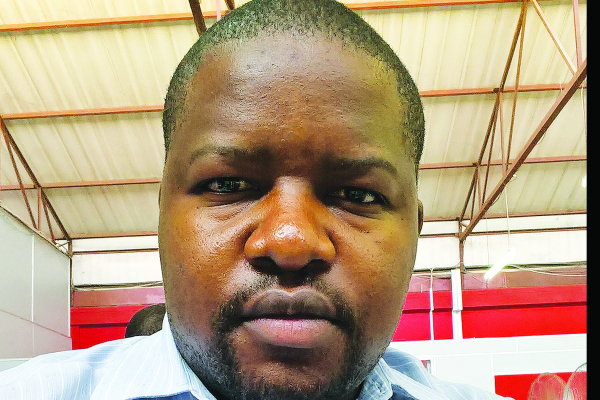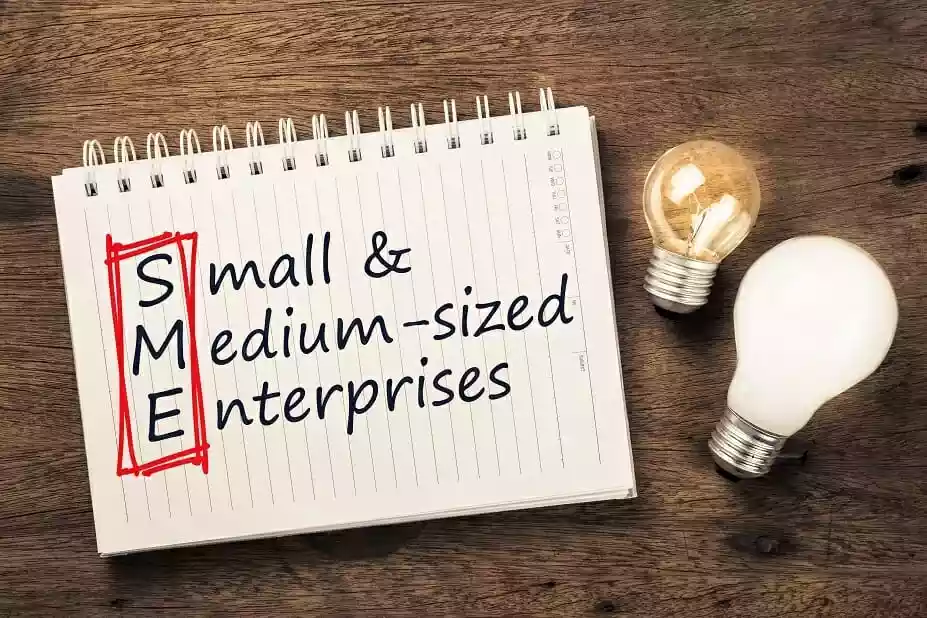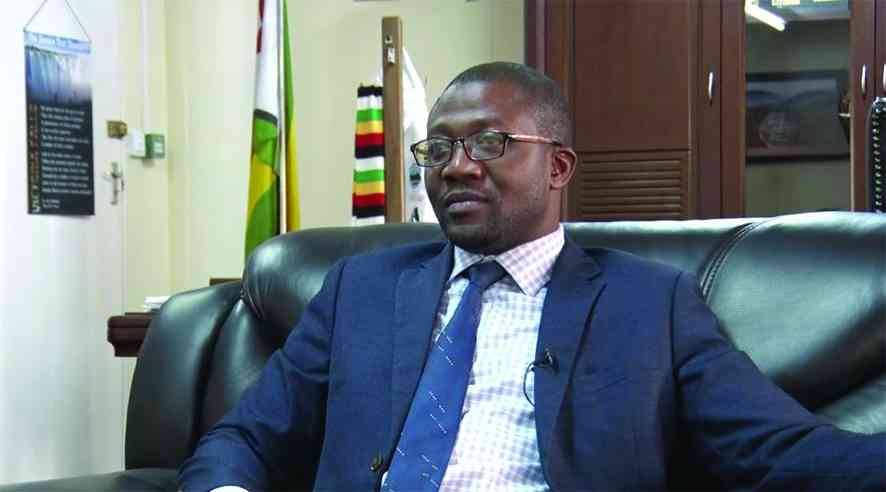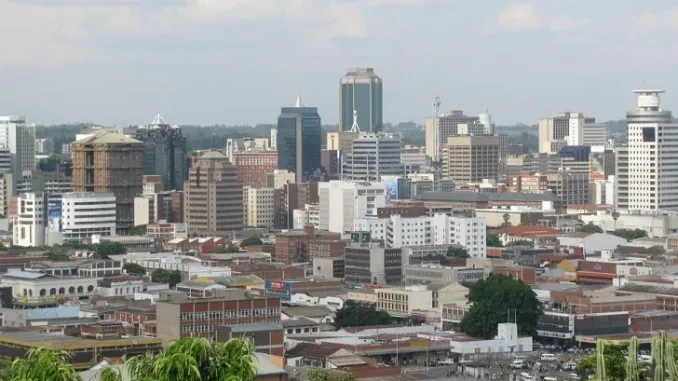
On Wednesday, the African Trade Insurance Agency (ATI) was officially launched in Zimbabwe and will provide cover for exports and investments into the country.
NewsDay (ND) business reporter, Tatira Zwinoira sat down with ATI resident underwriter for Zambia, Zimbabwe and Malawi, Pizzaro Lukhanda (PL) to discuss more about their plans in Zimbabwe. Below are excerpts of the interview.
ND: Zimbabwe’s trade deficit as of the end of August was about $1,4 billion and with that in mind, are you still confident in providing cover for Zimbabwean companies, when it comes to exporting products?
PL: Yes. Well, the only way to meet the deficit is to export more and for exporters to export more the first thing they need is finance, export finance so ATI supports banks, which provide export finance.
The other way exporters can be supported by ATI is through export credit risk insurance, exporters should only worry about finding buyers outside Zimbabwe they should not be worried about whether those buyers will pay up, that should be our job.
ATI will help Zimbabwe meet the export trade deficit by supporting more exports outside Zimbabwe through finance, which banks should be able to provide more if the banks have comfort which they can get from ATI.
Another level of extra support is that exporters themselves should just be looking out for markets, without worrying whether those buyers will pay up or not because that should be our job.
ND: There have been challenges of foreign currency, with shortages having been there for quite some time. Are you confident in the ability of those companies to pay premiums?
- Chamisa under fire over US$120K donation
- Mavhunga puts DeMbare into Chibuku quarterfinals
- Pension funds bet on Cabora Bassa oilfields
- Councils defy govt fire tender directive
Keep Reading
PL: Most of our clients would be foreigners financing transactions in Zimbabwe, so if we have local customers they will be banks mainly because, as I said we have two types of products that are there in supporting Zimbabwe’s economy.
One is the provision of political risk insurance to investors that come to invest in Zimbabwe, so these investors obviously will be based outside Zimbabwe, so they are the people that are our clients.
Zimbabwe is like a risk country, where they want to put their money in so, when it comes to payment of premiums, as we said these are foreigners they are not based in Zimbabwe they are foreign investors wanting to invest in Zimbabwe, so premium payments will not be an issue.
The other way, where we support the Zimbabwean economy is where we support local banks financing transactions in the economy. Local banks do have access to forex and it easier for them to pay for foreign transactions.
The government of Zimbabwe has said through signing the treaty that they will accord some preferential status to ATI or preferred creditors status is what they call it technically. In essence, it is like preferential treatment, when it comes to certain transactions because they do recognise the role that we play.
ND: But, even the banks themselves, if you look at their half year reports, a lot of them have been complaining that they are struggling to meet their cash obligations, so are you still confident in light of those reports?
PL: Our confidence comes from the fact that what we bring in is more than what is actually payable to us because if you look at the premium rates that we charge for exposure of maybe $10 million, we will be charging premium of maybe $20 000, about 2% of the exposures that we actually insure.
And that premium, if the worst comes to the worst, we would set up a bank account within Zimbabwe, so that the premium is payable within the country because the reason that we collect premiums is that if things go wrong we use the same money to pay claims. If we set local bank accounts that obviously resolves the foreign currency issue.
ND: How much cover have you set aside for local exporters and for investors outside, but let us start with exporters?
PL: Well, we do not have specific amounts set aside for specific products that we provide, but we do have a global limit of how much we can do in Zimbabwe.
Remember, Finance minister Ignatius Chombo did mention Zimbabwe paid $10m plus $2,9m (sourced from the African Development Bank (AfDB)). What we do is to leverage that amount with reinsurance, to come up with a figure of what our capacity for Zimbabwe is so that capacity is global.
ND: So what is that capacity?
PL: It is not a static figure, it moves. One, it depends on the country rating. We rate all the countries where we do business, A is best, B middle and C worst so based on that we allocate more capital for countries that we consider A and less capital to countries that we consider C.
But, also looking at how much those particular countries have contributed in share capital, so that is also leveraged by share capital contributed by non-member countries like AfDB. So, it is a complex formula, which changes every day depending on how much we have underwritten in country A as opposed to B.
As such, I cannot, like, say in Zimbabwe we have a limit of $500m because that would be wrong. If it can be so today, but, tomorrow someone comes up with a transaction so the whole thing changes. But, what I can say is that it is linked to the country risk, the way we assess the country risk and how much the country contributed in share capital.
ND: So what rating does Zimbabwe have?
PL: Normally, it is linked to these international agency credit ratings. I am not sure what Zimbabwe is rated now, but otherwise B- approaching C at the moment, but these are not static.
ND: One other issue that investors have been worried about is legislation, about how some of the policies are not conducive to investment in this country, for example, the indigenisation legislation and the Companies Act. How do you provide cover and convince them that you can still come through?
PL: … regarding government pronouncements I had a chat with minister Chombo just trying to understand how things are happening and he felt that most of the pronouncements that are made are not actually things that are obtaining on the ground such as the indigenisation policies.
You find that there are laws that are written regarding that (indigenisation policies), but those are not actually implemented. Towards the cover that we provide really it is to say to investors, if you come to Zimbabwe and the government does something that impacts on your investment negatively, then, we are here to compensate. It is what we do and that is basically the business that we do.
ND: Which area would you be more focused on, exporting, investment or both?
PL: Both.
ND: Why do you think Zimbabwe can still be covered considering its liquidity challenges?
PL: We are an African institution and Zimbabwe is a shareholder. You know that there are very few institutions like the PTA Bank, Afreximbank, AfDB and Zimbabwe has been through a rough patch, yet, these institutions were still helping Zimbabwe try to get back on its feet.
Those institutions are our main customers, as well so we come here to try and support them to support the economy at the end of the day
ND: Do you not foresee any challenges in dealing with Zimbabwe?
PL: Well, challenges are there, which everybody else faces, I mean these are normal challenges they are not peculiar to only ATI.











